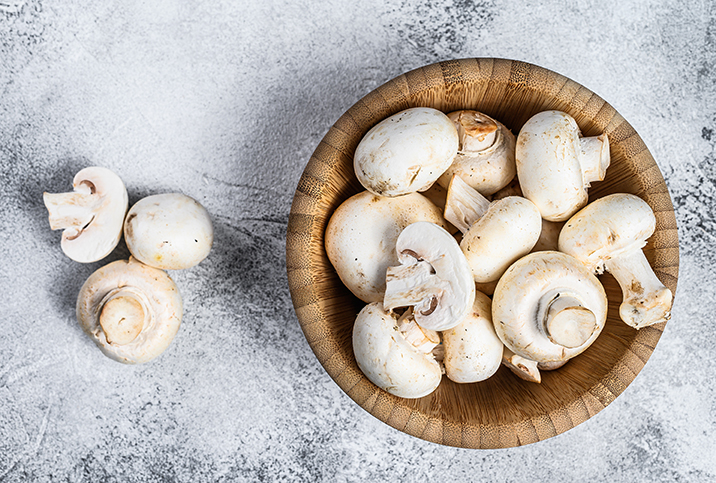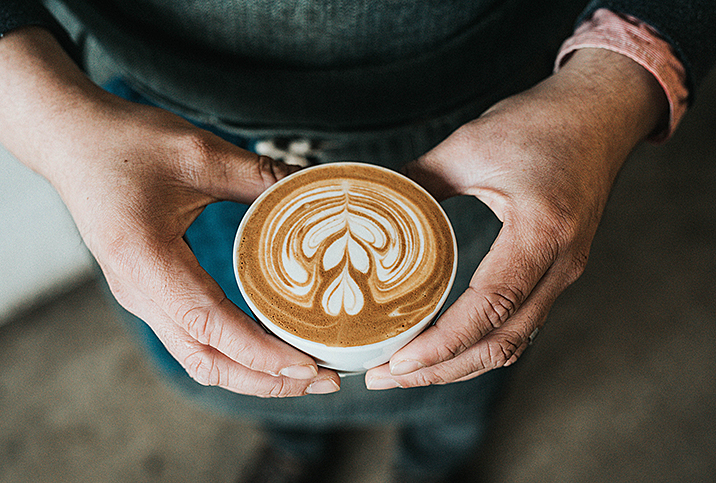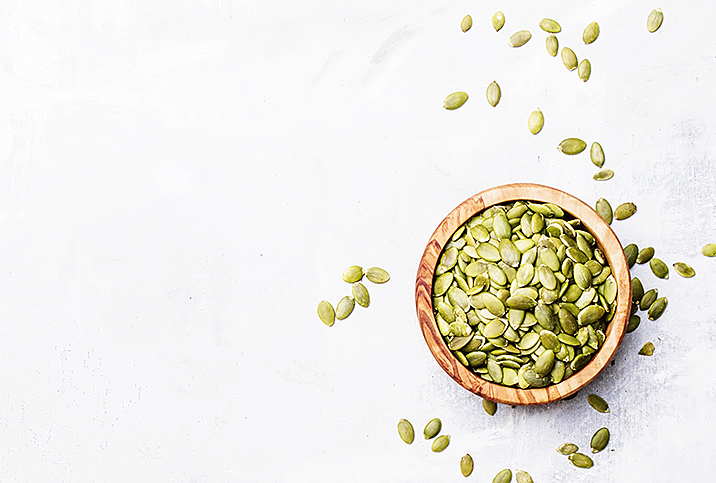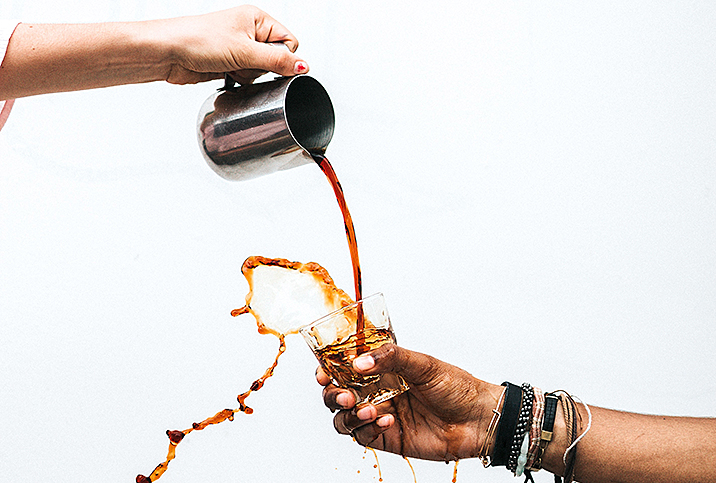Can Coffee and Tea Help Your Prostate Health?

Most men know how important it is to take care of their prostate health. Located between the bladder and the penis, the prostate gland is part of the reproductive system; without it, men would have trouble producing sperm and getting an erection without treatment.
Some of the most common ways to support a healthy prostate are widely recognized: maintain a balanced diet, get yearly exams and exercise regularly. These simple yet effective self-care rituals go a long way toward overall prostate health.
But many people may not be aware of a less-discussed way of caring for their prostate: drinking coffee and tea.
Some studies suggest drinking six or seven cups a day to maintain prostate health. Since too much sugar can have a negative impact, however, mostly black coffee and unadorned tea are best for the prostate.
While these two common beverages on their own can't prevent or cure prostate cancer, they could be a beneficial addition to a prostate-healthy lifestyle.
What does the research show?
In 2011, a study published in the Journal of the National Cancer Institute concluded that men who consumed six or more cups of coffee per day had a lower adjusted relative risk for overall prostate cancer compared with nondrinkers.
"We observed a strong inverse association between coffee consumption and risk of lethal prostate cancer. The association appears to be related to noncaffeine components of coffee," the study said.
Another piece of research looked at tea's effect on cancer, stating, "Green tea may exert the prevention effect in various types of cancer, including lung, esophagus, stomach, intestinal, pancreatic, breast, prostate or bladder cancers."
Additionally, according to a more recent review published in 2020 in the BMJ Journal, higher coffee consumption was significantly associated with a reduced risk of prostate cancer in men.
The research isn't conclusive
"Research has shown an inverse relationship between prostate cancer risk and tea consumption," said Denise Asafu-Adjei, M.D., the medical director of male reproductive medicine at Loyola University Chicago-Stritch School of Medicine. "Studies have not clearly shown a strong association between coffee and prostate cancer or cancers in general. Several large studies have been case-control studies."
Certain variations between types of coffee and tea are important to keep in mind, as well.
"For example, there are major differences in the consumption of filtered versus unfiltered coffee across the world, with some reports citing worsened health outcomes with unfiltered coffee," Asafu-Adjei said, adding that filtered coffee, for example, has minimal levels of diterpenes, which have been associated with increased cholesterol levels. "Tea consumption and subtypes, for example, black versus green tea, also vary across countries and may account for differences in prostate cancer risk that have been reported."
The substance(s) in coffee and tea that affect the prostate
"Polyphenols in tea, such as catechins, have antioxidant properties," Asafu-Adjei said. "Coffee has a mix of several potentially chemopreventive and antioxidant ingredients, including caffeine and chlorogenic acid."
In general, incorporating antioxidants into a person's diet can reduce the risk of overall, lethal and advanced prostate cancer. Those possible anticancer effects in teas are largely due to the polyphenols, which are micronutrients that naturally occur in plants.
According to a study published in the Journal of Nutrition, polyphenols have been found in men's prostates after tea consumption and may be active in the prevention of prostate cancer.
How much protection do these drinks offer?
Both coffee and tea are associated with a decreased risk of prostate cancer, but there isn't enough evidence in the trials, as of yet, to confirm these beverages completely support prostate health.
Even if coffee and tea do provide benefits, water is still critical for kidney health and other bodily functions and shouldn't be substituted.
"Coffee and caffeine can irritate and inflame the prostate and bladder, which is not what you want," said Paul Thompson, M.D., a Fort Worth, Texas-based urologist and surgeon and the chief medical officer for Launch Medical, a Los Angeles men's sexual health company. "Decaffeinated beverages are definitely better for you than caffeinated drinks for prostate health. A key to prostate health is to stay hydrated. So the best thing to do is drink decaffeinated green tea and plenty of water."
Asafu-Adjei explained that the two drinks, while possibly helpful, aren't the only answers to keeping a healthy prostate.
"Coffee and tea in moderation are OK, but at this point, neither are strongly recommended…for prostate health as several other genetic and lifestyle factors play a larger role," Asafu-Adjei said. "If you had to choose one beverage of choice for prostate health and overall health, water still reigns."














